“The human body is extremely limited. I would love to upgrade myself” says Kevin Warwick, one of the boffins interviewed on screen in Three Tales, the “video opera” from composer Steve Reich and his partner - they live as well as work together- video artist Beryl Korot, their “meditation on 20th Century technology.” When I met them the morning after the launch party in Amsterdam I could have done with an upgrade myself.
Three Tales will be reprised next week at the ADC Theatre in Cambridge for four late night performances from the 17th – the first time the piece will have been reprised since the U.K. premiere in 2002. Reich, in cap and jeans, looking relaxed and with a somewhat shy and modest demeanour explained the genesis of the project, “We’d been asked by the Vienna Festival to come up with a piece about the 20th century and it seemed to us the most significant thing about the century was the technology, which changed everything. I mean, my father who was born in 1914 used to tell me about the gas lighting in New York City.”
Everyone from American indie rockers Sonic Youth to disco producers have acknowledged a debt to Reich
The piece is split into three sections – the first, Hindenburg, is about the crash of the airship in 1937, “It was the first big technological disaster to be captured on film – no-one was filming when the Titanic went down.” The second section, Bikini, is about the atomic tests in the Pacific atoll, “Several people asked me why we were working on something about women’s swimwear” while the third, Dolly, is about the famous cloned sheep. While the first two use archive material, Reich and Korot interviewed numerous scientists and others for the third part about the impact on humanity of technology.
The couple say they worked on Three Tales full time for four years. It’s only 65 minutes, and is dense, arguably too dense, with visual and musical information and needs to be seen a few times to really digest it all, but what has the most impact on initial viewing is the freshness of the archive material. The way the Hindenburg disaster is edited for video and set to music makes it have something of the immediacy of a modern disaster like 9/11. The Bikini section was for me the most powerful – we don’t actually see the bomb go off, but there is moving imagery of the Bikini islanders, who were forcibly moved from there island – and some extraordinary slow-motion footage of palm trees vapourising, with colours reminiscent of a Gauguin painting and scored to some of the saddest music Reich has composed – this is Paradise Destroyed, the Fall captured on video and set to music. The countdown goes ten-nine-eight all the way down to Zero, which Reich expands to chilling effect.
“Beryl insisted that we don’t show the images of the bomb and the mushroom cloud, which was right because to set music to that could have been bombastic. Sometimes understatement has a more powerful emotional impact – you’re British, you should understand that” laughs Reich. Three Tales has a comic side – especially in the Dolly section which features a cute robot and what the scientists say is often cut up, repeated or distorted. Richard Dawkins, saying that we are all machines programmed by genes, is his usual smug self in all his reductionist and simplistic certitudes. The talking head boffins only intermittently work, sometimes sounding like a Panorama TV documentary edited by a caffeine overdosing scratch DJ. Is this satire, or what? “I don’t think we are editorializing, merely bringing out the character of our interviewees. And Dawkins is” pauses Reich, seemingly thinking of something relatively diplomatic to say “a strong character.”
Reich himself has become more religious as he gets older. Now 65, he regularly goes to synagogue “Although it’s an unconventional synagogue” chips in Korot. “I’m not denying there is truth in what Dawkins, or more importantly Darwin says, but this is how the divine manifests itself. In Judaism we don’t go in for miracles, the point is ”and here Reich’s voice deepens like a cello “you look at the complexity of the world and think how the hell does it keep going for five minutes. That is the big miracle.”
From his earliest pieces like It’s Gonna Rain, written in 1965 which used a loop of a preacher talking about the end of the world, to Three Tales, there has been an apocalyptic element in Reich’s work. After an interview he did in 2000, warning of the possibility of an Islamic terrorist attack in New York, his prophetic stance is perhaps not to be entirely dismissed.
One of the triggers for Three Tales, says Reich was a quote from the poet and doctor William Carlos Williams “Man has survived hitherto because he was too ignorant to realize his wishes. Now that he can realize them, he must either change them or perish.” I make the obvious point that it’s precisely the wonders of technology that has enabled them to make the piece “Of course, it would be absurd for us to be anti-technology. I can do so much more than I used to on video” says Korot. Reich adds “We are simply saying that we’re at a point where we really need to think what the technology is for. And what we may have lost through it.” For example? “This may seem like a small example, but I used to have about 40 telephone numbers memorized. Now they are memorized for me. You know the saying – use it or lose it. We are using less parts of the brain and are going to suffer for that as a species.”
Three Tales is the second Reich/Korot collaboration after The Cave, which explored the roots of Christianity, Judaism and Islam through the story of Abraham. “We have to think of big enough ideas to keep the juices flowing and us involved for the several years it takes to work on them” says Reich. Three Tales is more concise and seems more direct and elegant. Reich explains that the interviewees in The Cave were nearly all religious figures whose words he felt should be treated with respect “In The Cave, as in Different Trains, I followed the speech exactly – as they spoke, so I wrote. The result was a constant changing of key and tempo which slowed down the momentum of the piece and made it difficult to play. With Three Tales I thought OK -prima la musica.”
There are also technical innovations that have helped the piece. In 1967, Reich wrote about a piece he would like to do in which he would, “Very gradually slow down a recorded sound to many times its original length without changing its pitch or timbre at all’, something which was impossible then but which he uses to great effect in Three Tales. I wasn’t somehow surprised after all the years work on this complex a piece (leaving aside whatever the domestic positives and negatives of working non-stop with your wife) that his next publicly aired pieces were much simpler like You Are (Variations).
The Village Voice, as various others have done, without seeming unduly foolish, called Reich “America’s greatest living composer.” However posterity judges him, there is little doubt that he has been enormously influential; his early “minimal” pieces like Drumming and Clapping in the early seventies shifted the axis of contemporary music and had a huge impact. Not just on those you might expect like Michael Nyman or John Adams, but on all kinds of music.
I’ve spoken to everyone from American indie rockers Sonic Youth to disco producers who have acknowledged a debt to Reich. He provided a way out of the both atonal academic orthodoxy of the time and the complex electronics of the likes of Stockhausen “I wanted to go back to wood, skin and metal” says Reich. Like all innovations, it didn’t arrive from nowhere, being a development of La Monte Young and Terry Riley, with strong influences from West African drumming (he studied in Ghana) , Indonesian Gamelan and medieval composers like Perotin. And unlike his fellow minimalist Philip Glass, whose prolific output has resulted in patchy work, Reich’s critical standing has remained fairly consistently high. In any case, Three Tales shows both Reich and Korot at the height of their powers, and is an ambitious, thought-provoking work which opens up intriguing possibilities for 21st-century opera.

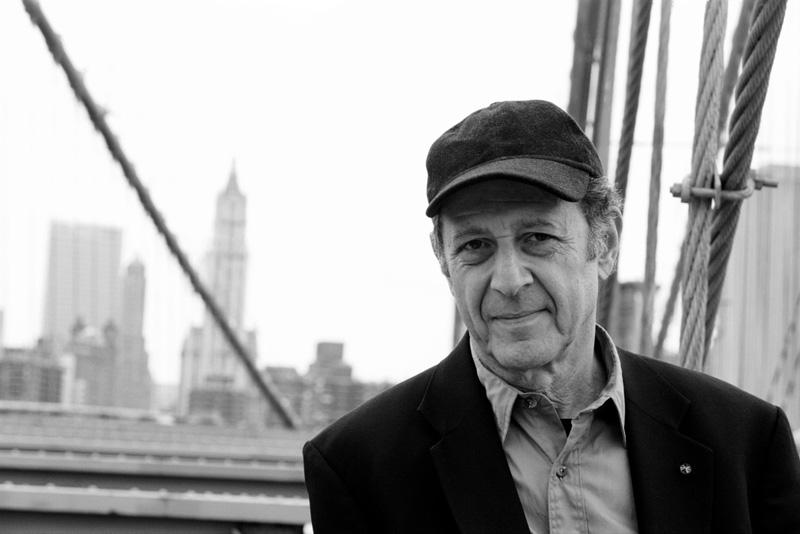



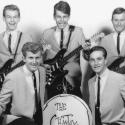
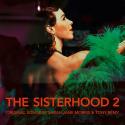
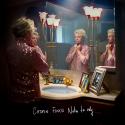

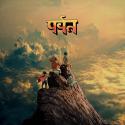
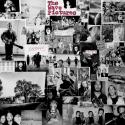




Add comment